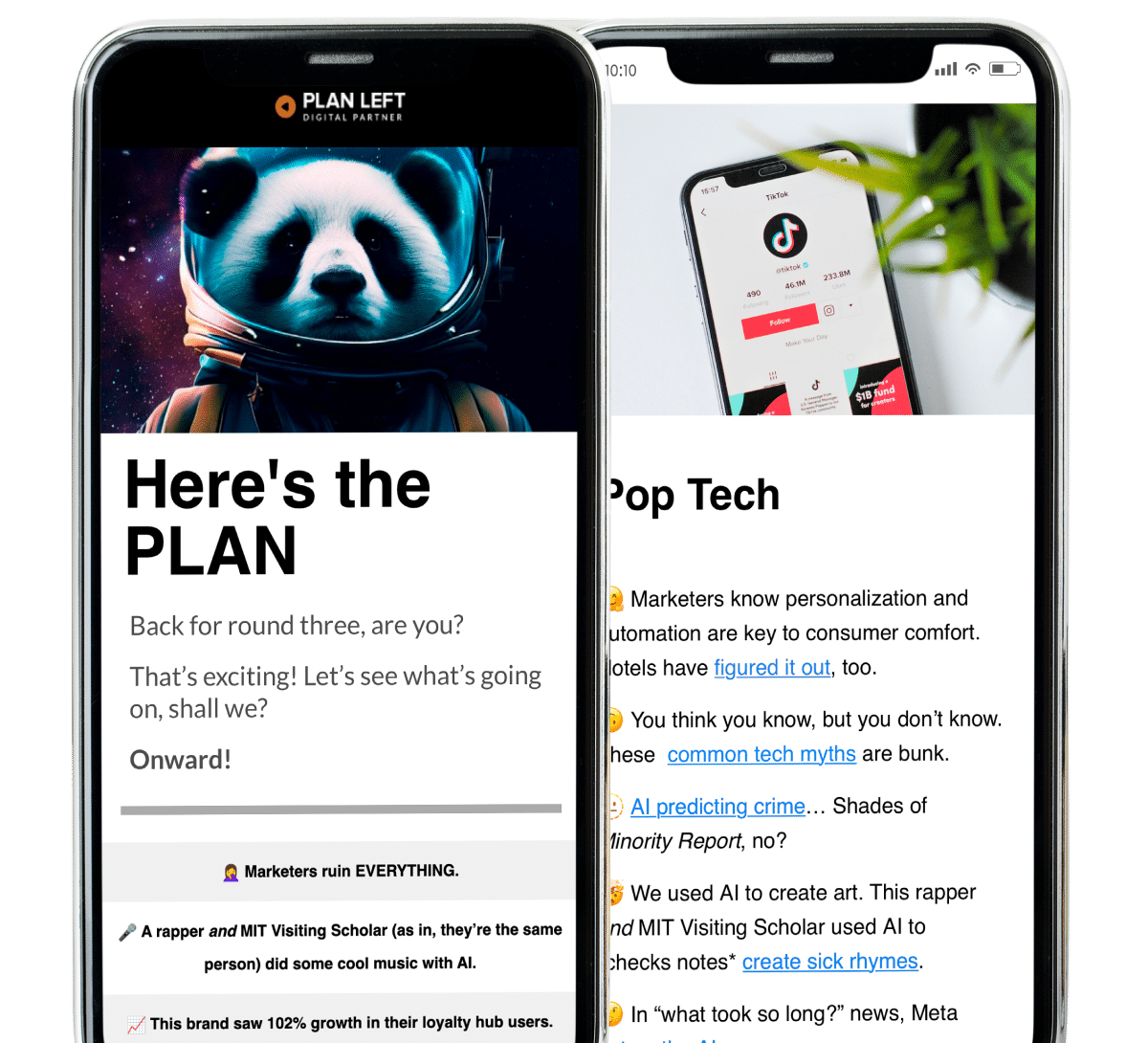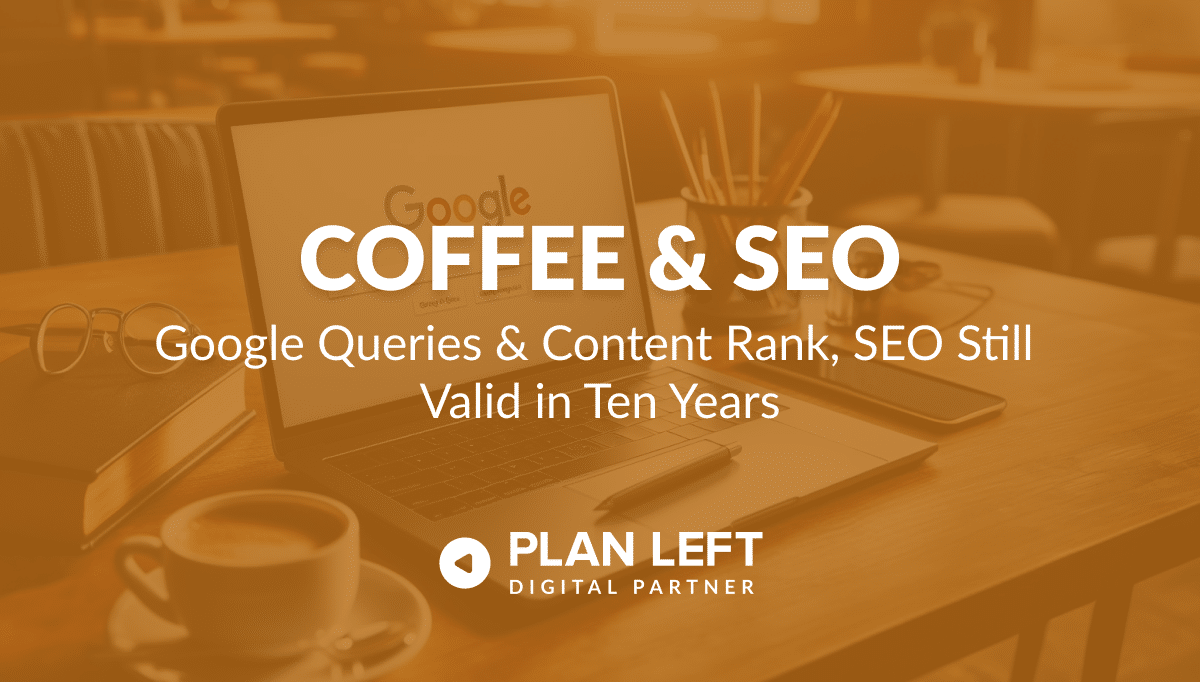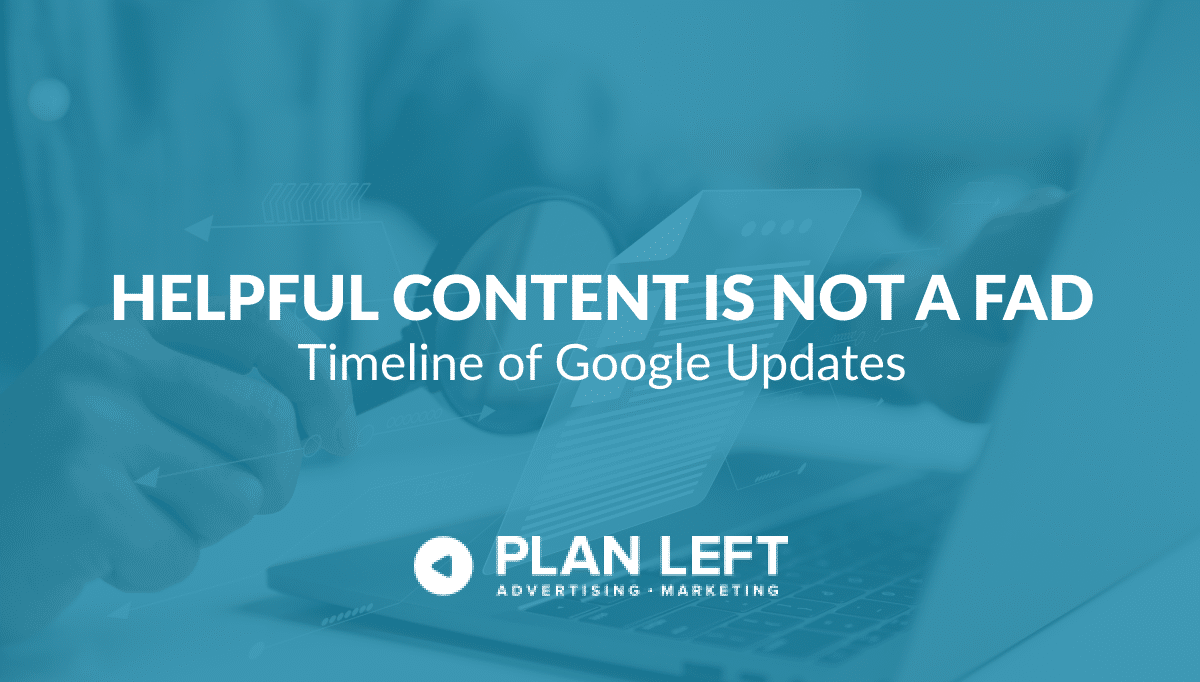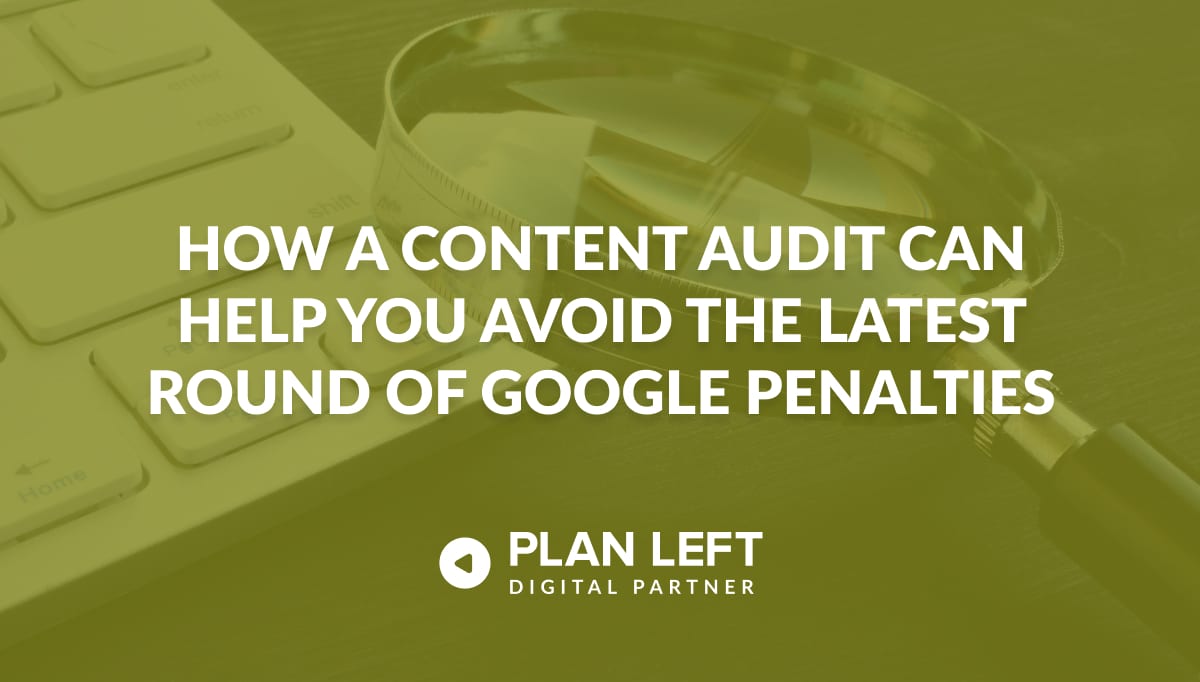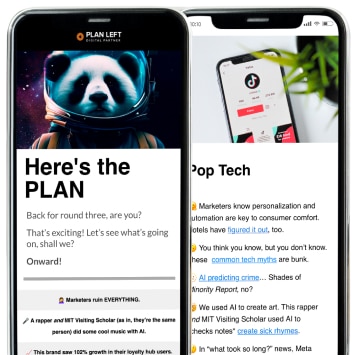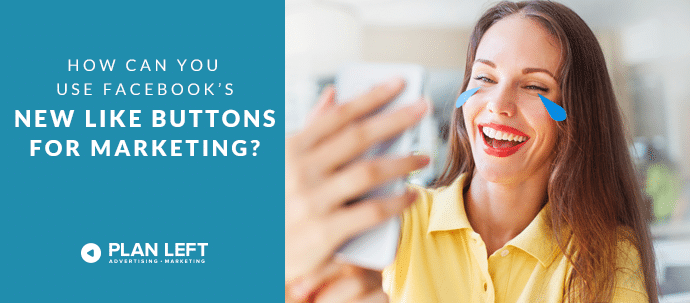
The public asked, and Facebook finally listened. The “like” button just didn’t cover the wide range of emotions that users feel when reading news and updates in their timelines. Of course, we didn’t get the “dislike” button that so many requested. Instead, we got emojis that run the gamut from love to anger.
That “like” button has been an important part of social marketing. For every bit of engagement we receive—whether a like, a share, or a comment—we gain deeper insight into our buyers. Now that the new buttons are here, will that change?
Facebook Spying on Us?
Some publications have already published warnings about the use of the new emojis. They maintain that Facebook wants as much information about us and our emotions as the mulit-billion dollar tech company can get their hands on. In their argument, they point to an experiment Facebook conducted, in which they messed with user emotions just to see what would happen to the affected users’ posts.
Now, we’re like anyone else. We don’t want people experimenting on us, at least not overtly. Given the proof, which came in the form of a not-very-contrite confession from Facebook, the public balked. And that’s to be expected. Now we have these new reaction buttons, and some want the public to remember that time when Facebook tried to make us sad on purpose. Just because.
It’s true that these reactions offer a great amount of data that Facebook can use. Data is the new currency. Whoever has the most wins. And Facebook is certainly winning. Actually, if we count currency as currency, then Facebook’s winning that one, too, but I guess that just proves the first statement to be true. Is that reason enough to stop showing our hand? Do we want to hide our thoughts and feelings from our friends just so Facebook won’t see them, too?
Marketing Is Data
The truth is that marketers do the same thing Facebook is doing all the time. Consumers don’t mind, as long as two things happen: first, we use the information we gather to present relevant and personalized campaigns, and second, we don’t make it abundantly clear just how much we know and how we got that data. When marketers show their hands—when we confess to our buyers that we’ve kinda been stalking them, but it’s okay because we’re not going to use that information for anything except to sell them stuff—well, then our buyers run screaming.
Now, that brings us back to the reaction buttons. Every time someone clicks one of those little buttons, they tell us more about themselves. We don’t need to go scrolling through individual buyers’ feeds to determine what they like, what they hate, what amazes them, and what makes them laugh. We can see it right there on our own Facebook page. Facebook has facilitated a way for marketers to collect more data on their buyers, even if their original intent was to collect that data for themselves.
So, the question is: will you use that data Facebook has provided for you, or will you continue to count your likes and go about your business? We’d love to know your thoughts on collecting and using data in your marketing, so start a conversation!
Explore Latest Posts
Google says the quality of your webpage is a ranking factor, but what is ‘quality’ according to Google? That would ... read more
April 19, 2024
In 2011, Google first changed how content was written with the Panda Update by changing how keywords could be used ... read more
April 17, 2024
The latest Google algorithm changes have shaken the search marketing world. While the Google Spam update has finished, the Google ... read more
April 16, 2024
MARKETING insights
Join the Thousands Who Receive Our Twice-Monthly Newsletter.
It's hard to keep up. Our newsletter is packed with buyer behavior insights, the latest marketing and technology updates, work/life balance tips, and—because we ❤️ our support staff—adorable pets looking for forever homes. Only twice per month. No clogged inboxes. You can't say no.
